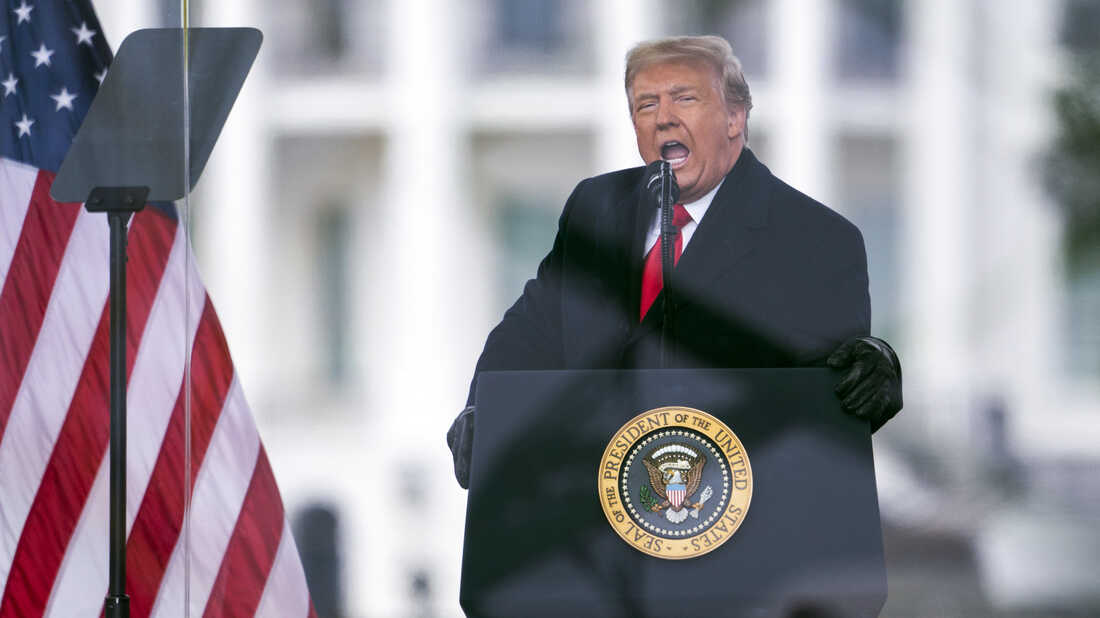For international observers keenly interested in American politics, the 2024 U.S. presidential elections are shaping up to be a riveting spectacle. At the heart of the drama is former President Donald Trump, who, despite a tumultuous tenure and subsequent impeachment trials, appears poised to clinch the Republican nomination once again. Here's a deep dive into why Trump seems to be the GOP's favorite for the upcoming elections.
Poll Numbers Don't Lie
Recent polls have consistently showcased Trump's dominance within the Republican Party. A New York Times/Siena College poll revealed that Trump is trouncing his closest 2024 Republican rival by a staggering 37 percentage points. Such numbers are not anomalies; they are a testament to Trump's iron grip on the Republican electorate.
Why Trump is Leading the Pack
Several factors contribute to Trump's seemingly insurmountable lead:
Enduring Influence: Trump's influence within the GOP remains unparalleled. His populist messaging, combined with a perceived stance against the 'establishment', resonates deeply with a significant portion of the party's base.
The Indictment Paradox: Conventional wisdom might suggest that legal troubles would hamper a political run. However, for Trump, the indictments have become a rallying cry. Portraying himself as a victim of a biased justice system, he has successfully turned legal challenges into political capital. His narrative suggests that the 'deep state' and establishment are not just against him, but against the ordinary American, further galvanizing his base.
The Debate Dilemma
The first Republican presidential debate was a significant event, with one notable absentee: Donald Trump. While he chose not to participate, the debate seemed to work in his favor. His main rivals failed to make a significant impact, and without Trump's dominating presence, the event lacked the usual fireworks, leading to a lackluster performance from other candidates.
Interestingly, there's growing speculation that Trump might abstain from participating in any primary debates. Why? Firstly, his current position of strength means he has little to gain from such events. Engaging in debates opens up possibilities for missteps, while abstaining allows him to control the narrative. Secondly, by not participating, Trump ensures that the media focus remains on him, as his absence becomes the talking point, overshadowing other candidates.
In Conclusion
Donald Trump's journey from a business magnate to the 45th President of the United States has always been unconventional. As the 2024 elections approach, he remains a political enigma, defying norms and rewriting the playbook. While the road to the White House is long and unpredictable, one thing seems certain: Trump's influence on American politics, for better or worse, is far from over.










Trackbacks and Pingbacks